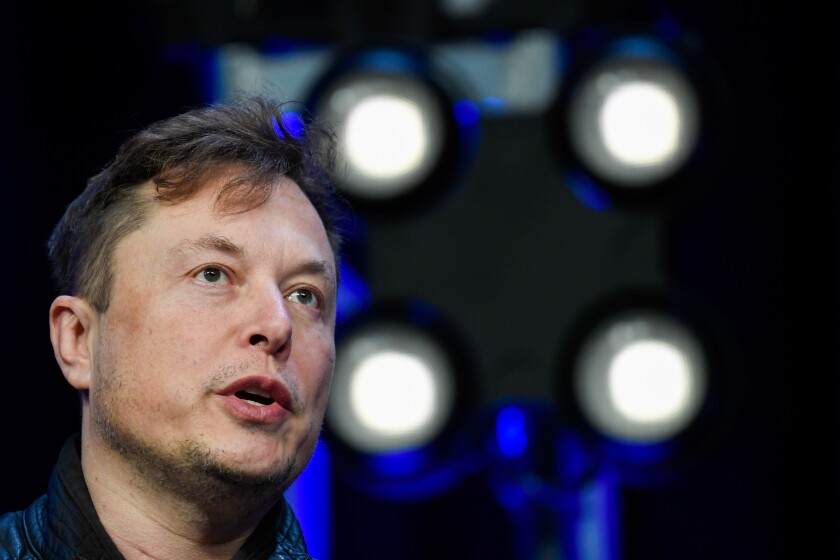 English
English

Elon Musk taking Twitter private would mean less accountability to the government which is concerning given he has attacked people online and asked China to censor his critics. Read further on Dynamite News:

Washington (US): Elon Musk taking Twitter private would mean less accountability to the government which is concerning given he has attacked people online and asked China to censor his critics, Free Speech Co-CEO Jessica Gonzalez said.
Earlier this week, Twitter said it agreed to be acquired by Musk in a deal worth $44 billion, although it is still subject to shareholder approval. Meanwhile, media reports and Wall Street analysts have expressed concerns that the richest person in the world might renege on the deal despite a billion-dollar termination penalty.
"His taking Twitter private will mean less accountability to government," said Gonzalez, a lawyer and racial justice advocate.
Also Read: Elon Musk buys Twitter for $44 billion
"He calls himself a 'free-speech absolutist' but he has attacked people online, asked China to censor his critics, used Tesla to sway the market - he's a deeply flawed human with no commitment to civil and human rights.”
Bloomberg reported last summer, citing people familiar with the matter, that Tesla asked the Chinese government to use its censorship powers to block social media posts that were critical of the company, according to media reported.
"Users of social-media platforms shouldn't have to be subject to the whims of bombastic billionaires who are detached from reality and lack any true commitment to free expression, racial justice and democracy," she said.
Gonzalez said she worries about the intimidation, harassment, and hate on social media platforms like Twitter, which hit women, people of color, and transgender people the hardest.
Twitter and other platforms, Gonzalez added, must stop amplifying bigotry and conspiracy theories that are toxic to the information ecosystem. In addition, she said the US needs to build public interest in public spaces.
"Radio and TV are still important sources of news. They operate on the premise of serving the public good," she said. "They connect, communicate and amplify people's voices. It gets a lot of people out there. It's a valuable technology." (UNI)